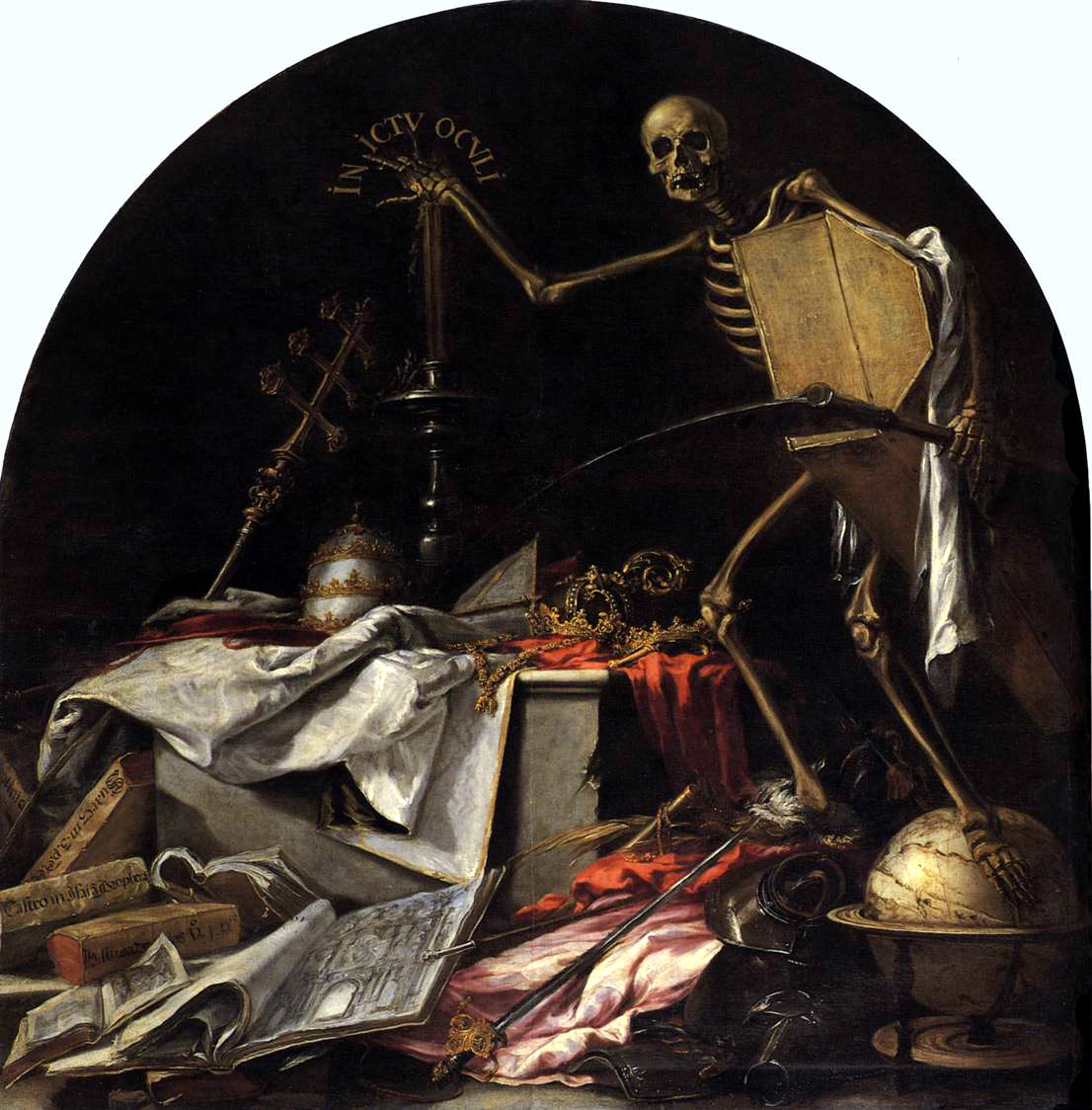|
The Steel Of Madrid
''The Steel of Madrid'' (''El acero de Madrid'') is a 1608 play by the Spanish writer Lope de Vega, considered part of the Spanish Golden Age of literature. Plot A common man, Lisardo, and a noblewoman, Belisa, are two young lovers. They first meet after Belisa fainted in order to get away from Octavio; she triggered this fainting spell by ingesting Steel Water. After the water "cured" her, she meets Lisardo and believes it was love at first sight. The issue that arises then, involves Belisa's father, who has promised her to Octavio. With the knowledge that Belisa is often around her Aunt Teodora, Lisardo's good friend Reselo, pretends to court Teodora. This provides Lisardo with the opportunity to meet with Belisa. This action by Reselo infuriates his lover Marcela who is in the midst of being courted by Florencio. In the end after a series of trials coming from miscommunication and understanding the two lovers are married. Background The basis of ''The Steel of Madrid '' came f ... [...More Info...] [...Related Items...] OR: [Wikipedia] [Google] [Baidu] |
Lope De Vega
Félix Lope de Vega y Carpio ( , ; 25 November 156227 August 1635) was a Spanish playwright, poet, and novelist. He was one of the key figures in the Spanish Golden Age of Baroque literature. His reputation in the world of Spanish literature is second only to that of Miguel de Cervantes, while the sheer volume of his literary output is unequalled, making him one of the most prolific authors in the history of literature. He was nicknamed "The Phoenix of Wits" and "Monster of Nature" (in es , Fénix de los Ingenios , links=no, ) by Cervantes because of his prolific nature. Lope de Vega renewed the Spanish theatre at a time when it was starting to become a mass cultural phenomenon. He defined its key characteristics, and along with Pedro Calderón de la Barca and Tirso de Molina, took Spanish Baroque theatre to its greatest heights. Because of the insight, depth and ease of his plays, he is regarded as one of the greatest dramatists in Western literature, his plays still being ... [...More Info...] [...Related Items...] OR: [Wikipedia] [Google] [Baidu] |
Spanish Golden Age
The Spanish Golden Age ( es, Siglo de Oro, links=no , "Golden Century") is a period of flourishing in arts and literature in Spain, coinciding with the political rise of the Spanish Empire under the Catholic Monarchs of Spain and the Spanish Habsburgs. The greatest patron of Spanish art and culture during this period was King Philip II (1556–1598), whose royal palace, El Escorial, invited the attention of some of Europe's greatest architects and painters such as El Greco, who infused Spanish art with foreign styles and helped create a uniquely Spanish style of painting. It is associated with the reigns of Isabella I, Ferdinand II, Charles V, Philip II, Philip III, and Philip IV, when Spain was one of the most powerful countries in the world. The start of the Golden Age can be placed in 1492, with the end of the ''Reconquista'', the voyages of Christopher Columbus to the New World, and the publication of Antonio de Nebrija's ''Grammar of the Castilian Language''. It ro ... [...More Info...] [...Related Items...] OR: [Wikipedia] [Google] [Baidu] |
Plays By Lope De Vega
Play most commonly refers to: * Play (activity), an activity done for enjoyment * Play (theatre), a work of drama Play may refer also to: Computers and technology * Google Play, a digital content service * Play Framework, a Java framework * Play Mobile, a Polish internet provider * Xperia Play, an Android phone * Rakuten.co.uk (formerly Play.com), an online retailer * Backlash (engineering), or ''play'', non-reversible part of movement * Petroleum play, oil fields with same geological circumstances * Play symbol, in media control devices Film * ''Play'' (2005 film), Chilean film directed by Alicia Scherson * ''Play'', a 2009 short film directed by David Kaplan * ''Play'' (2011 film), a Swedish film directed by Ruben Östlund * ''Rush'' (2012 film), an Indian film earlier titled ''Play'' and also known as ''Raftaar 24 x 7'' * ''The Play'' (film), a 2013 Bengali film Literature and publications * ''Play'' (play), written by Samuel Beckett * ''Play'' (''The New York Times ... [...More Info...] [...Related Items...] OR: [Wikipedia] [Google] [Baidu] |
_01.jpg)
